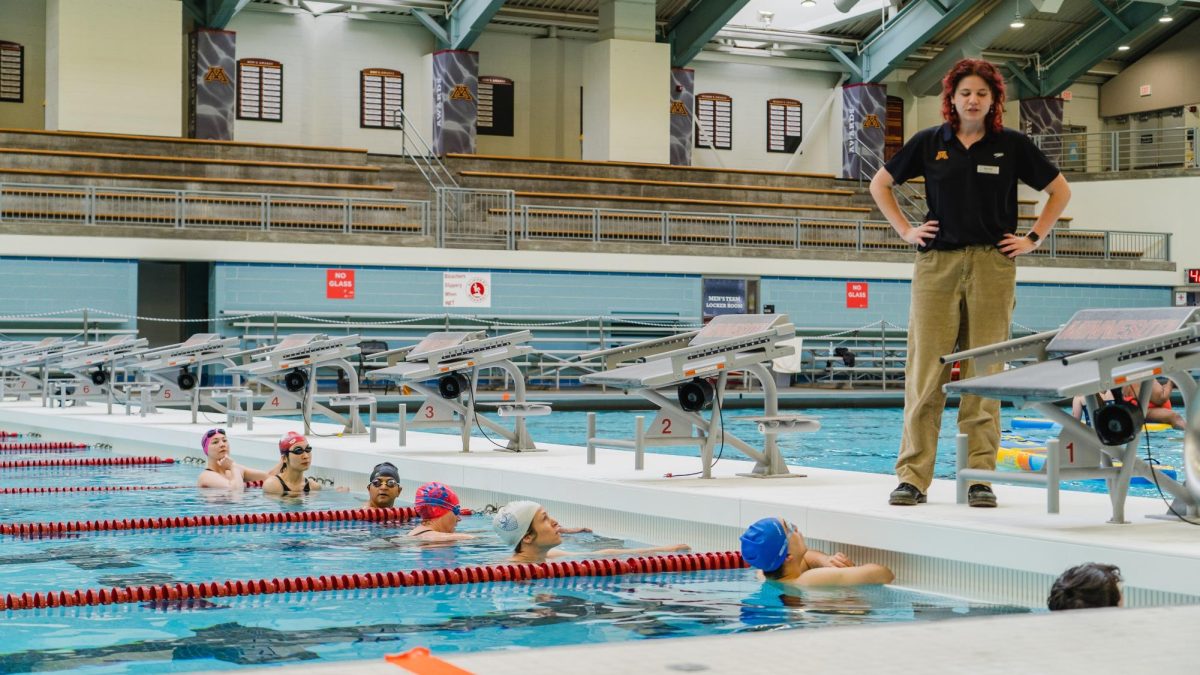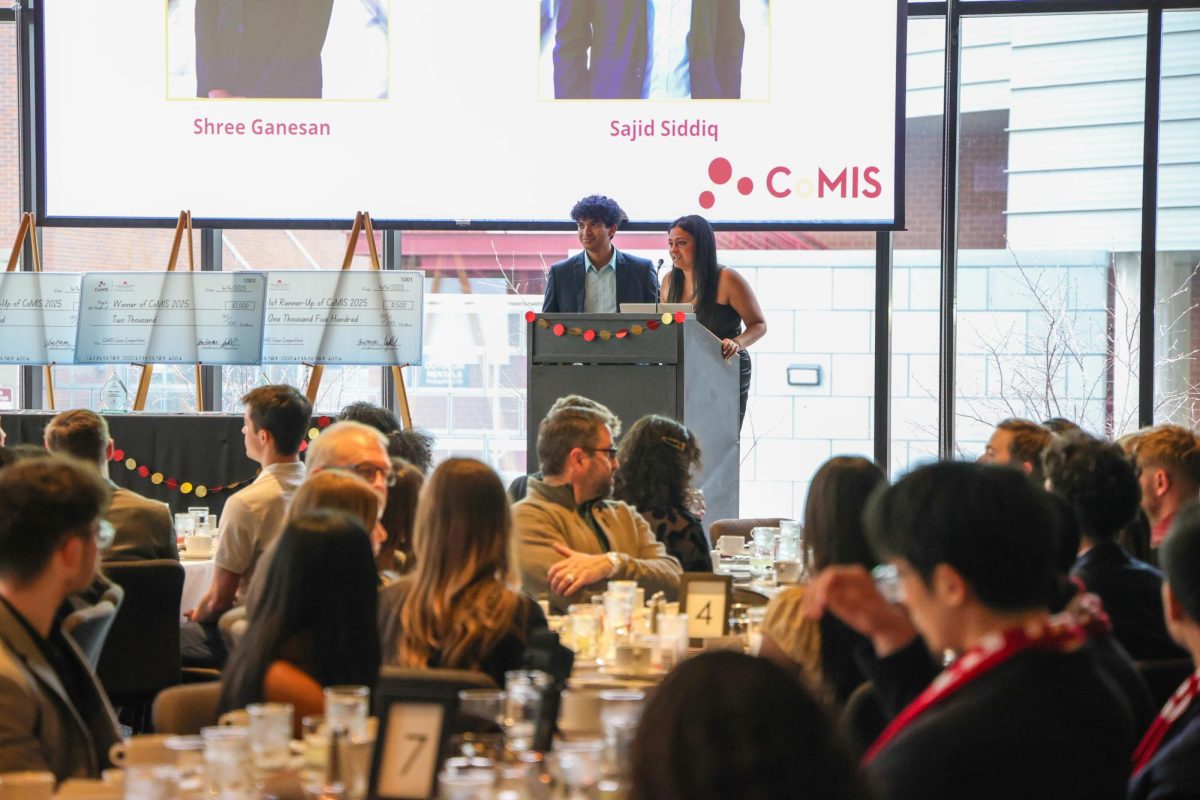The Loft Literary Center offers a series of diverse low-cost creative writing classes and is encouraging more university students to participate.
The Writers of Color and Indigenous Writers Class Series is intended for writers of BIPOC identities to work on their craft in a space that centers them and their work, according to The Loft’s website. The classes are offered on a pay-what-you-can basis with a suggested fee of $40, but students of any age may enter any amount, including $0.
Founded in 1974, The Loft began gathering poets and writers in Minneapolis in a loft space above a bookstore in Dinkytown across from Kollege Klub, according to Preserving Historic Dinkytown. The Loft has since moved to downtown Minneapolis and has grown to become one of the country’s leading independent literary centers while providing classes for writers, awards, readings and public events, conferences as well as grants for writers.
Marianne Manzler, The Loft’s program director of education, said many students at the University of Minnesota had no idea that The Loft existed, and she encourages writers from all backgrounds to attend their classes.
“I would love, love, love to see more young adults come to our classes,” Manzler said. “I think classes offer a nice sort of supplement to school, they don’t feel like school to me. It feels more like you’re filling your cup. You’re getting creative time. You can pay zero dollars, so just come.”
The Loft began its BIPOC Class Series in 2016 after Japanese-American author and poet David Mura proposed the idea as part of the Minnesota State Arts Board Grant, according to Manzler. Since 2016, the class series has grown from one class with one teaching artist to 30 Black, Indigenous people and people of color artists teaching a series of classes.
The focus of the series is to give writers high-quality skills to better navigate their writing process and careers, according to The Loft. Class topics include community in literary magazines, ABCs of narrative construction, toolkits for poetic forms and authentic cultural representation in children’s literature.
Manzler said writing is crucial at any age, particularly for young adults. She said it is also important to find community in writing as well as accessible, high-quality writing education, as artists grow older.
“I think that writing is so important at any age, especially young adults,” Manzler said. “But I do think that as we get older, it’s also equally as important to have communities that we can reach out to as we grow our creative practice and learn about what it means to be an artist and kind of like an entrepreneur.”
The Loft implemented a five-year strategic framework in 2023 that prioritizes anti-racism, equity and access, authentic community engagement, learning innovation and organizational health and well-being. The center recently celebrated its 50-year anniversary while also redefining its mission statement.
“We’re really re-orienting The Loft around this idea that we have power and resources and we want to be built on values that are anti-racist and dismantle white supremacy,” Manzler said.
Manzler said The Loft partners with organizations like Green Card Voices to work closely with immigrant communities. She added that working with Black, Indigenous people and people of color organizations is a big part of The Loft’s plan in the Twin Cities and how they maintain diversity and anti-racism system training within the programs.
Minnesota voters approved the Legacy Amendment in order to preserve arts and cultural heritage in November 2008, according to Minnesota’s Legacy. The amendment created four funds, one of which is the Arts and Cultural Heritage Fund which financially supports artists of all backgrounds, which benefits The Loft.
“I’ve seen the landscape kind of shift is like building this ecosystem where, you know, literary art supports art, supports all kinds of industries,” Manzler said. “And I think even the building that The Loft is in is a great example of that literary support and hub, and it just shows how important that visibility of literature is beyond reading.”
Manzler said that since the center launched its BIPOC Class Series, there has been a visible transformation in the literary community as well as individual writers.
“I’ve had people tell me that they had never been in this kind of setting before,” Manzler said. “It’s open to anyone to come, but the BIPOC writer series is really geared around centering the experiences, traditions and the issues that writers of colors face. And so being mindful of that in that space. It really is a way to just connect people across differences in a way that is genuine and supportive and centered around writing in the craft of writing.”
Teaching artists of the class series include David Mura, Halee Kirkwood, Taiwana Shambley and Michael Kleber-Diggs.
The Loft is located on Washington Avenue inside of Open Book and shares space with Milkweed Books, FRGMNT Coffee and the Minnesota Center for Book Arts. The center offers classes both in person and online, ensuring the classes accommodate a 9-5 lifestyle.
Students interested in the class series are encouraged to sign up. The next class will take place on May 17 from 10 a.m. to 2 p.m.














